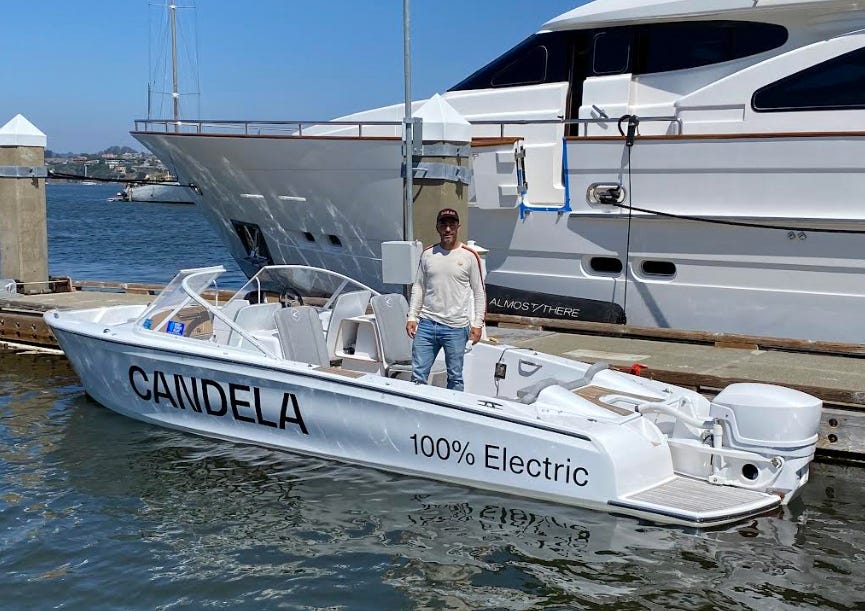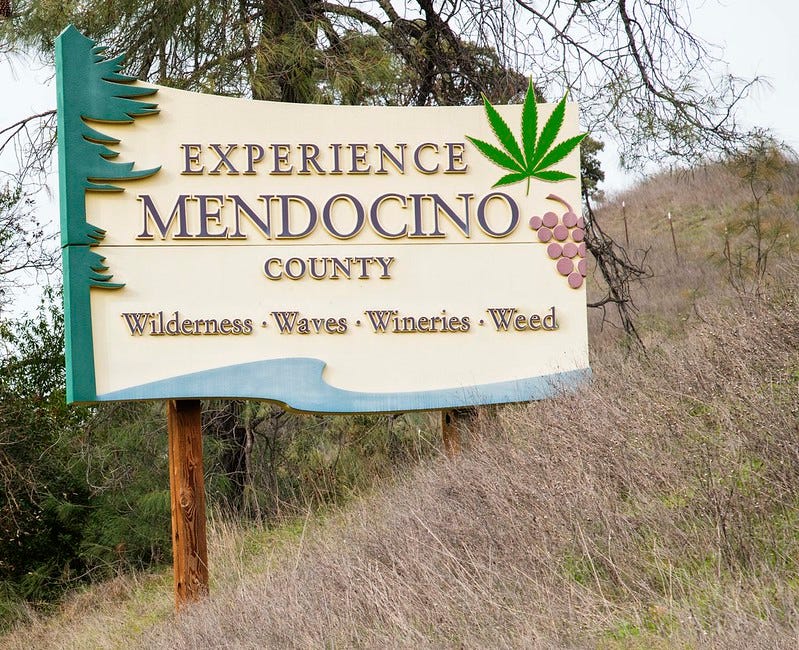Europe’s politics lacking energy urgency as election season begins
Welcome to Callaway Climate Insights. Our thoughts go out to Queen Elizabeth II today for an extraordinary reign and life.
Today’s edition is free. To read our insights and support our great climate finance journalism four days a week, subscribe now for full access.

The elevation of Liz Truss to UK Prime Minister this week comes against a background of dual energy and fiscal crises that are certain to raise the profile of the climate v. cost debate in the post-Boris Johnson era. Elsewhere in Europe, as it enters election season and a gas crunch this winter, the climate issue is largely a distant second or third to concerns about crime, foreign policy, and even fascism.
Sweden, home to Greta Thunberg, kicks off the season on Sept. 11 with elections to the 349-member parliament, or Riksdag, which will then elect the prime minister. The poll-leading Social Democrats have included a pledge to increase renewable energy in their plans while the Moderates want to push more nuclear power. To the extent climate has played a role it is to inflame tensions ahead of time, partly to do with a scandal involving a broadcaster accused by the right of altering weather map designs to exaggerate the impact of global warming.
In Switzerland, a host of referendums come to ballot on Sept. 25, with the only one tied to climate being on in Lucerne asking residents to vote on a plan to halve energy consumption by 2025 or accept a watered-down version. Slovenia has a presidential vote in October in which the rising Freedom Movement (formerly Greens), which did well in parliamentary elections last spring, just lost its candidate last week. And in Italy, which has elections on Sept. 25, the talk, as usual, is about fascism.
The lack of discussion of energy policy is surprising given the shortage of gas and oil expected as Russia withholds exports. It also undercuts Europe’s claim to be leaders in the fight against climate change, at least at the EU level. Perhaps because there is broader agreement on the need to transition to clean energy than in the U.S., it is less of a hot potato political topic.
In any case, this election season proves once again that even in a world collectively suffering from extreme heat, flooding and wildfires, all politics remain local.
— With additional research over the past few weeks by Madeleine Callaway, my niece and a Georgetown student.
More insights below . . . .
Don’t forget to contact me directly if you have suggestions or ideas at dcallaway@callawayclimateinsights.com.
Zeus: Flying Candela's electric boat across San Francisco Bay, the EV promise takes hold

. . . . Swedish electric boat maker Candela is seeking an early lead among more than 100 companies working on electric watercraft with a new model that uses battery-powered engines made by Polestar to create a flying sensation on hydrofoils. David Callaway takes one of the existing models for a test drive off of Sausalito. . . .
A selection of this week’s subscriber-only insights

. . . . What do Tunisian dates and California cannabis have in common? Drought. In about 25 years, there will be 2 billion more people on Earth, all of them needing nourishment. But the effects of global warming — droughts, heat, floods, pollution, etc. — are likely to make that difficult. Read more. . . .
. . . . When it comes to climate change, California has it all. Extreme weather. The largest number of EVs. And so on. And now, it has shown the good and the bad at dealing with power shortages, as the state grid struggled with unprecedented heat this week: A cell phone alert system that worked spectacularly well and a battery backup system that didn’t. Read more here. . . .
. . . . The world is in a double whammy — climate change is making the world hotter (leading to greater energy use) and the Ukraine war is leading to fuel shortages. From China to France to the state of California, politicians are resorting to tried and true ways to keep the power on while singing the renewables song. Here’s three examples of climate policy in a rapidly heating world. Read more here. . . .
Editor’s picks: Hurricanes? In California?
Change in the weather: From this past week’s record-breaking, extreme heat wave to the possibility that Hurricane Kay, or its remnants, could bring heavy rains, thunderstorms and flash flooding to Southern California, the National Weather Service and National Hurricane Center are keeping an eye on California and the southwest.
Porsche, speeding toward IPO, adds new EV models
Sports icon Porsche, hand-in-hand with news of an imminent initial public offering, also is getting ready to bring on a second generation of its successful Porsche Taycan EV. That will be joined with an electric version of the Porsche Panamera, according to a report from UK publication Autocar. The publication says the moves are “part of a new ‘electrified luxury’ plan” for as many as six new electric models by the end of this decade. Both new EVs are based on a sporting version of the Volkswagen Group’s Scalable Systems Platform (SSP), which is being developed by Porsche. Volkswagen (XE:VOW) said this week it will pursue an IPO of up to 25% of its non-voting preferred shares in Porsche, which will be listed on the Frankfurt Stock Exchange. The timeframe is late this month or early next, depending on market conditions, Porsche said.
Need for lithium collides with water stress
Increasing demand for lithium, a critical component on EV batteries, is resulting in mining operations in places that are dry. Extracting the material could pose a risk to water-sensitive regions where the metal is abundant, Taylor Kuykendall writes in a post for S&P Global Market Intelligence headlined CO2 reduction meets water-use tension in hunt for lithium. Kuykendall notes “Out of 435 active lithium-containing mining projects analyzed by S&P Global Market Intelligence, 189 are in areas that are either projected to face medium to high water stress by 2030 or are in arid regions of low water use, as defined by the World Resources Institute. There are 23 projects in areas expected to face extremely high-water stress by the end of the decade, including areas of the Western U.S., South America and Australia.”
Latest findings: New research, studies and projects

The economy shouldn’t heat up that way
Lack of cooling and cold-chain access is a critical development challenge that has significant implications for people’s livelihoods, productivity, health, food, and nutritional security, say the authors of The Cold Economy, and Asian Development Bank Institute working paper. From the abstract: “While business-as-usual demand projections suggest 19 new cooling appliances will be sold every second by 2050, universal access to cooling is expected not to be a reality even at this rate of growth, leaving poor and vulnerable populations to suffer the consequences. The global demand for cooling is already pressuring the energy system and the environment and given all the social and economic benefits of cooling and cold-chain but also the environmental risks, there is now a major opportunity for governments and the private sector to develop and deploy sustainable, affordable, and resilient cooling solutions. … A system-level approach sits at the core of the Cold Economy.” Authors: Toby Peters, University of Birmingham; Leyla Sayin, University of Birmingham.
More of the latest research:
Words to live by . . . .
“The benefits of such actions will not be there to enjoy for all of us here today: We, none of us, will live forever. But we are doing this not for ourselves but for our children and our children’s children.” — Queen Elizabeth II, speaking to world leaders at COP26 last year on the urgency of action to fight global climate catastrophe.




